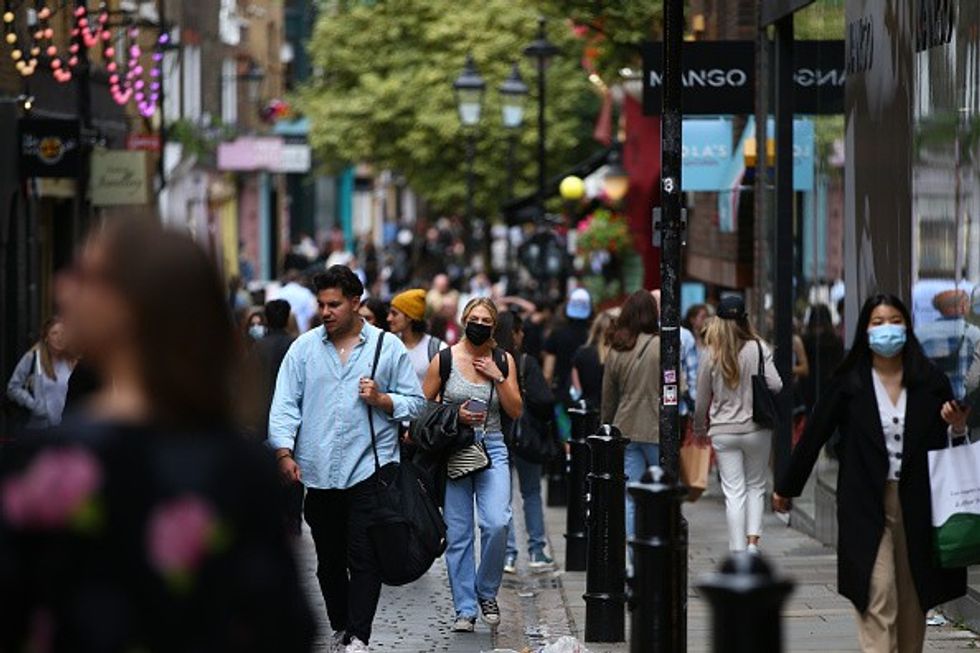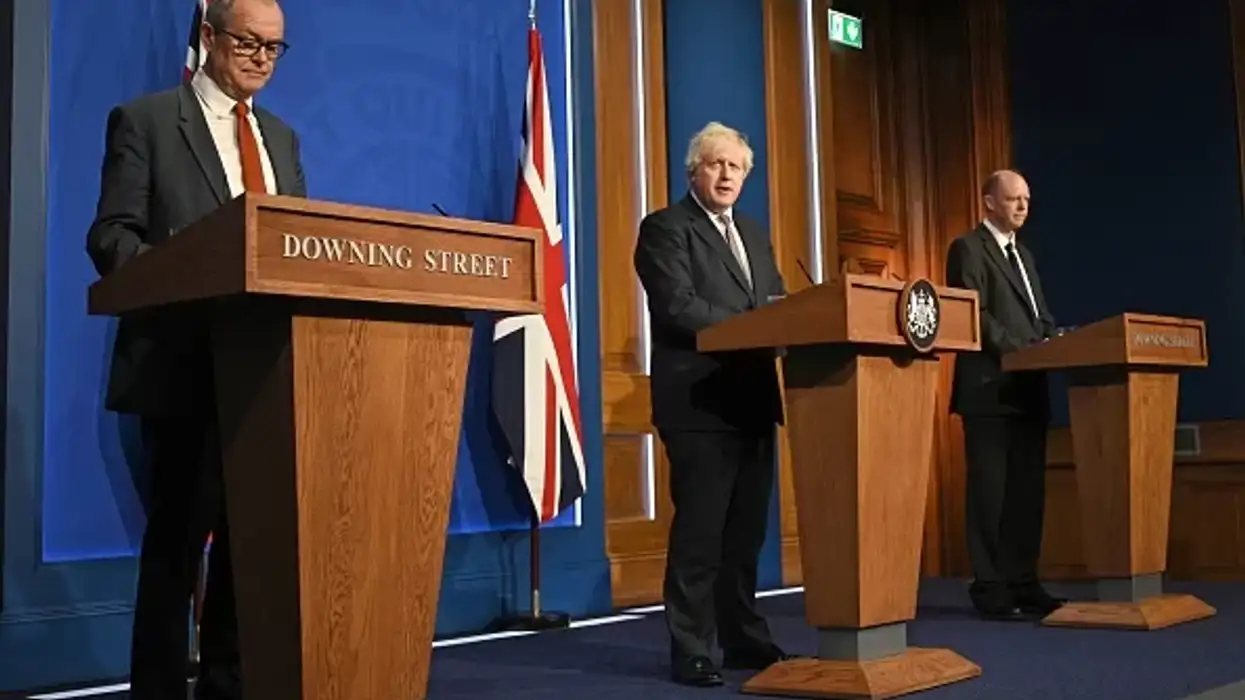FACE masks, social distancing, QR codes for entry in public places and ordering only at a table in pubs will no longer be a legal requirement in England from July 19 under prime minister Boris Johnson’s final road map out of lockdown announced on Monday (5) at a Downing Street briefing.
Commenting “if not now, then when?”, Johnson declared that all the Covid-19 restrictions in England will end on July 19, adding that the government is looking to "move away from legal restrictions" and will instead allow people "to make their own informed decisions about how to manage the virus".
Johnson has axed the mandatory use of face masks and social distancing from July 19 onward. Nightclubs will be permitted to reopen, capacity caps on businesses will be lifted, hospitality businesses will no longer be required to provide table service only and there will be no limits on numbers at weddings and funerals, as per the announcement made by Johnson.
Work from home guidance will also end and limits on named visitors to care homes will be removed. Regarding school bubbles and need for fully-vaccinated Britons to self-isolate on return from "amber list" countries, Johnson said the announcements will be made later this month.
Johnson’s announcement on removal of mandatory use of face masks is getting a mixed response in the country with many politicians, medical experts as well as business unions opposing the move.

Pointing out that mask wearing is still mandatory on public transport in countries with low numbers of Covid-19 cases like New Zealand, Scientific Advisory Group for Emergencies (SAGE), advised that some baseline measures should continue beyond the summer, as this will “significantly decrease ongoing transmission”.
Calling the government decision to make mask-wearing a matter-of-choice on public transport an act of “gross negligence”, Unite, a trade union body representing tens of thousands of public transport workers, said that the idea of “personal responsibility” replacing government rules is “absolutely ridiculous”.
“Rates of infection are continuing to increase and not only does mask wearing reduce transmissions, it helps provide reassurance to drivers and to passengers who are nervous about using public transport,” Bobby Morton, Unite’s national officer for passenger transport, said, adding that Unite members have already reported a spike in passengers ignoring rules on mask-wearing and said that they should remain in place until rates of Covid-19 are “fully under control”.
London mayor Sadiq Khan has also urged Johnson to maintain the mandatory requirement to wear face coverings on public transport beyond July 19, saying masks will give all Londoners “confidence” to travel on the Transport for London (TfL) network safely.




